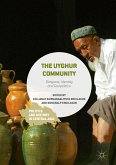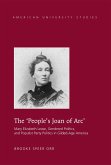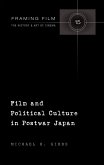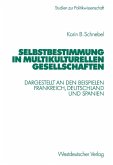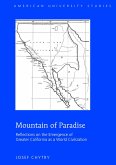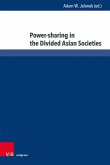Dieser Download kann aus rechtlichen Gründen nur mit Rechnungsadresse in A, B, BG, CY, CZ, D, DK, EW, E, FIN, F, GR, HR, H, IRL, I, LT, L, LR, M, NL, PL, P, R, S, SLO, SK ausgeliefert werden.
(Lee Blanding, The Canadian Historical Review, Volume 98, Number 2, 2017)
Full review
«[...] this is an important work for anyone wishing to understand the growth of post-British national identities in Canada and Australia.»
(Iain Johnston-White, British Journal of Canadian Studies Volume 30, Issue 2, 2017)
«Mann's book is significant for the comparative perspectives that it brings to the study of the rise of multiculturalism in Canada and Australia.»
(Andrew Markus, History Australia Sep. 2017)
«Students and scholars interested in issues of nationalism, race, multiculturalism, and immigration will find this book of great interest.»
(Elisa Sance, American Review of Canadian Studies Jul. 2017)
«Timely and relevant, Mann's book will provide a reliable source for higher education coursework on postcolonial identity politics. It targets researchers-including students-rather than the casual reader, although the latter may also benefit from its perspicuity regarding the phenomenon of national identity. It is indispensable for course development on comparative postcolonial politics, and will support studies of contemporary cultural phenomena too, by providing a parallel historical survey.»
(Gabriella T. Espák, Hungarian Journal of English and American Studies 24.2/2018)



